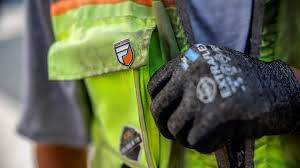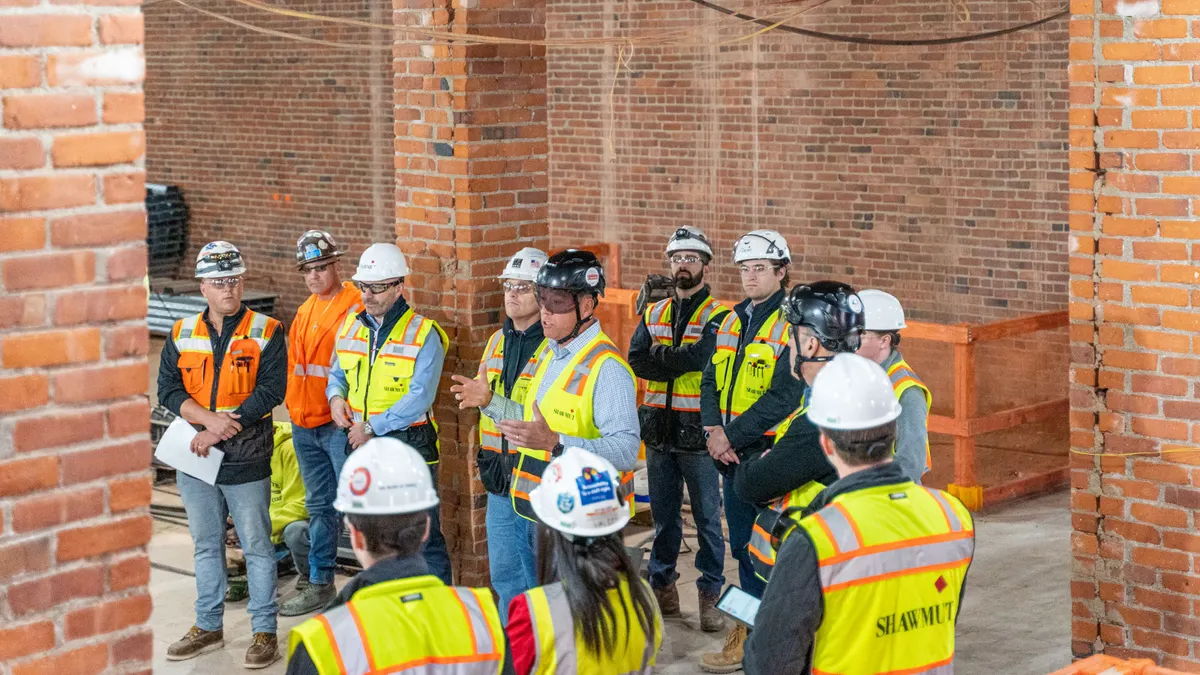
In construction, foremen often carry the weight of entire projects on their shoulders. Acting as the bridge between workers, management, and owners, they are tasked with balancing safety, deadlines, and quality. Yet, too often, they face these responsibilities without adequate support.

Rachel Neal, vice president of global safety for Compass Datacenters, believes this must change. “Foremen are the linchpins of their teams, responsible for ensuring that projects run smoothly and safely,” Neal said. “However, this immense responsibility often comes with significant stress, and unfortunately, the support they need has too often been lacking.”
To address this gap, Compass introduced the Frontliners program, a groundbreaking initiative designed to empower foremen by encouraging open communication, leadership development, and problem-solving collaboration.
“At Compass, we’ve developed a program that empowers foremen to be more vocal and proactive in advocating for positive changes that enhance safety, efficiency and process improvements,” Neal explained.

The program’s core feature—structured “Frontliner huddles”—brings foremen together in small groups for candid discussions. These sessions often focus on recent safety incidents or operational challenges and encourage participants to reflect on what could have been done differently.
Neal noted: “Those factors help identify collaborative problem-solving opportunities to enhance safety, meet aggressive deadlines and increase quality and profitability.”
The conversations have proven transformative. In one session, a frontliner admitted he needed to show more empathy toward his crew. Another acknowledged struggles with time management. These moments of humility create opportunities for growth while fostering peer-to-peer support.

Beyond self-reflection, the huddles also provide a platform for feedback on project oversight, allowing foremen to share constructive suggestions with general contractors and owners. This process breaks down communication barriers and ensures concerns from the field reach decision-makers.
The program is already changing culture on Compass jobsites. “On our construction sites, the term ‘frontliner’ has become standard for the foreman position,” Neal said. “When these individuals hear that title, we want them to understand that it’s because they are important and this program is designed specifically for them.”
Compass has presented the Frontliners initiative at industry conferences nationwide, offering a concrete example of how companies can go beyond safety rhetoric and implement actionable solutions.
“We believe our Frontliners program is a compelling example of how our industry can take positive steps,” Neal said. “Every worker deserves to feel secure and valued in their workplace. While we acknowledge that our program is not perfect, we are committed to continuous improvement and measuring its impact.”
Ultimately, Compass hopes this model inspires other companies to rethink how they support their frontline leaders. By treating foremen not just as supervisors but as “frontliners,” the industry can unlock creativity, strengthen safety, and build trust across jobsites.
Originally reported by Rachal Neal in Construction Dive.